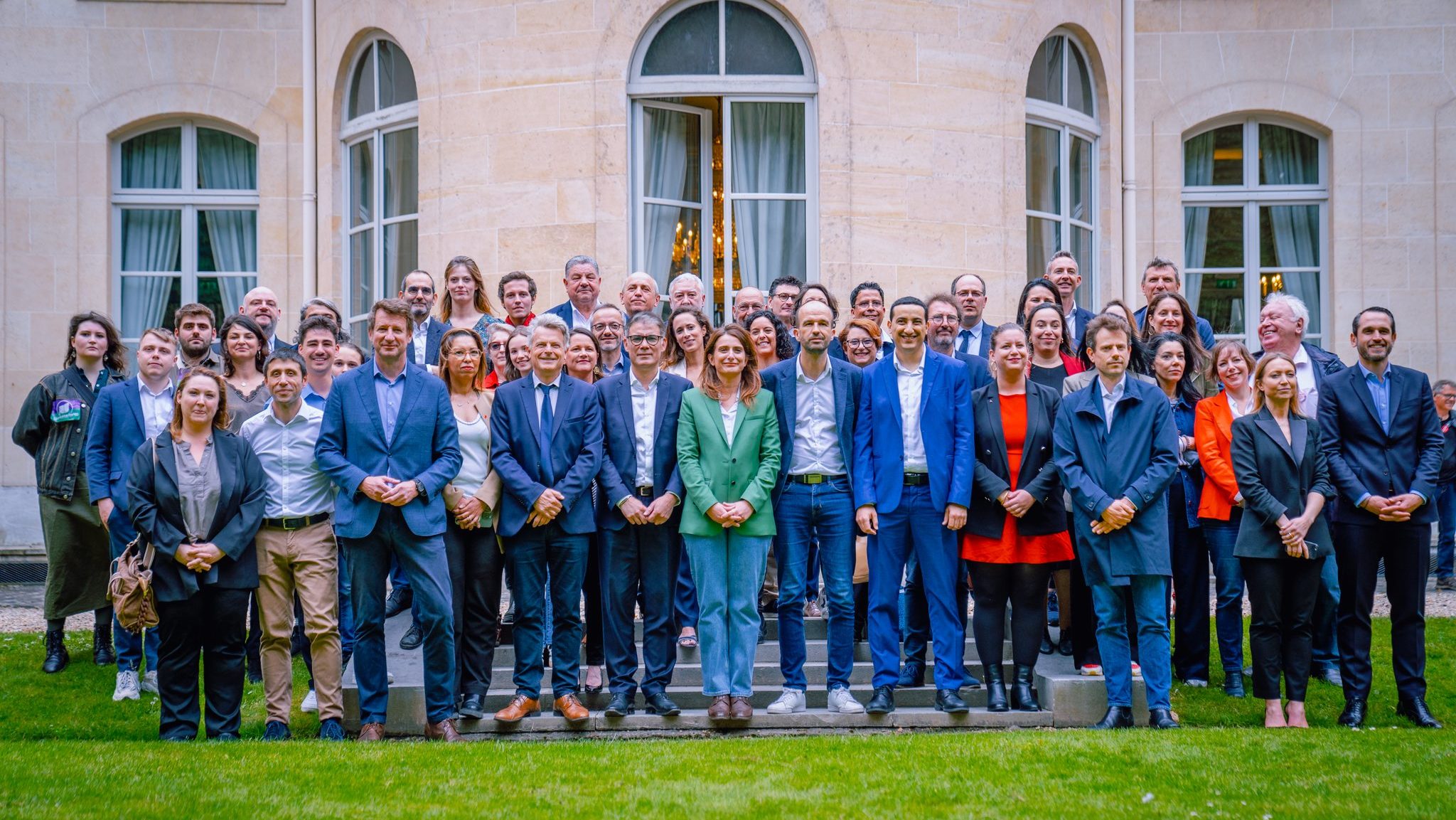French President Emmanuel Macron dissolved the National Assembly following the devastating outcome of the European Parliament election on June 9. The liberal coalition to which Macron’s Renaissance party belongs won only 13 seats, compared to 30 seized by Marine Le Pen’s far-right National Rally. The announcement was initially cheered by the far-right and met with shock at the center.
Macron’s government has been hemorrhaging popularity due to several controversial policies: increasing the retirement age, tightening immigration guidelines, and signaling readiness to send French soldiers to Ukraine. Additionally, the administration has faced criticism for its treatment of overseas territories, including, most recently, the crackdown on popular uprisings in New Caledonia.
Current polls forecast around 33% of the national vote going to the National Rally, convincingly more than Renaissance, which is just below 20%. In this scenario, the National Rally would not hold the absolute majority, but would still have enough space to pursue its anti-immigration and security agenda.
Le Pen and Jordan Bardella, the National Rally’s candidate for prime minister, have been negotiating with other right-wing and center-right parties to improve their standing. Talks were held with Reconquest, Éric Zemmour’s far-right group, and The Republicans, a Gaullist conservative party.
However, all the negotiations have faced obstacles. Zemmour announced there would be no alliance with the National Rally, causing a split with his European Parliament candidate, Marion Maréchal, who returned to Le Pen’s (her aunt’s) camp. Among the conservatives, The Republicans’ president, Eric Ciotti, announced an alliance with the far-right, but the rest of the party leadership opposed it, leading to Ciotti’s expulsion. Ciotti and The Republicans are now trying to resolve the dispute in court, just days before the campaign starts.
Unified front from left to center
While ruptures abound on the right, center-left and left parties have spent the days since the European election trying to form a joint platform to prevent Le Pen from seizing power, and reverse some of Macron’s policies. On Friday, June 14, the Socialist Party, the Communist Party, the Greens, and France Unbowed (La France Insoumise, LFI) announced the program of the New Popular Front (Nouveau Front Populaire, NFP). The joint platform includes lowering the retirement age and curbing rising food and energy prices. The coalition’s main objective, according to LFI’s Manon Aubry, is “to improve living conditions for millions of people.”
Building unity on the left is a positive development considering the popularity of the National Rally, though there has obviously been hard bargaining over the program. Previous platforms left of the center have dissolved over disagreements on the wars in Ukraine and Palestine. While LFI has advocated for peace and disarmament, the others adopted a more mainstream European stance, shying away from substantial criticism of the pro-NATO trend that has been growing stronger in the region.
At the NFP launch, party representatives stated their priority would be returning to “a path of peace for France on the international stage,” including support for Ukraine “in the face of Vladimir Putin’s war of aggression and giving ourselves the means to obtain an immediate ceasefire in the face of the ongoing massacres in Gaza.” The extent to which friction over the interpretation of this priority will affect the NFP’s success remains to be seen.
Currently, the unified left front holds around 28-30% in the polls: not enough to overtake the National Rally, but enough to mount resistance if the expected scenario occurs.





